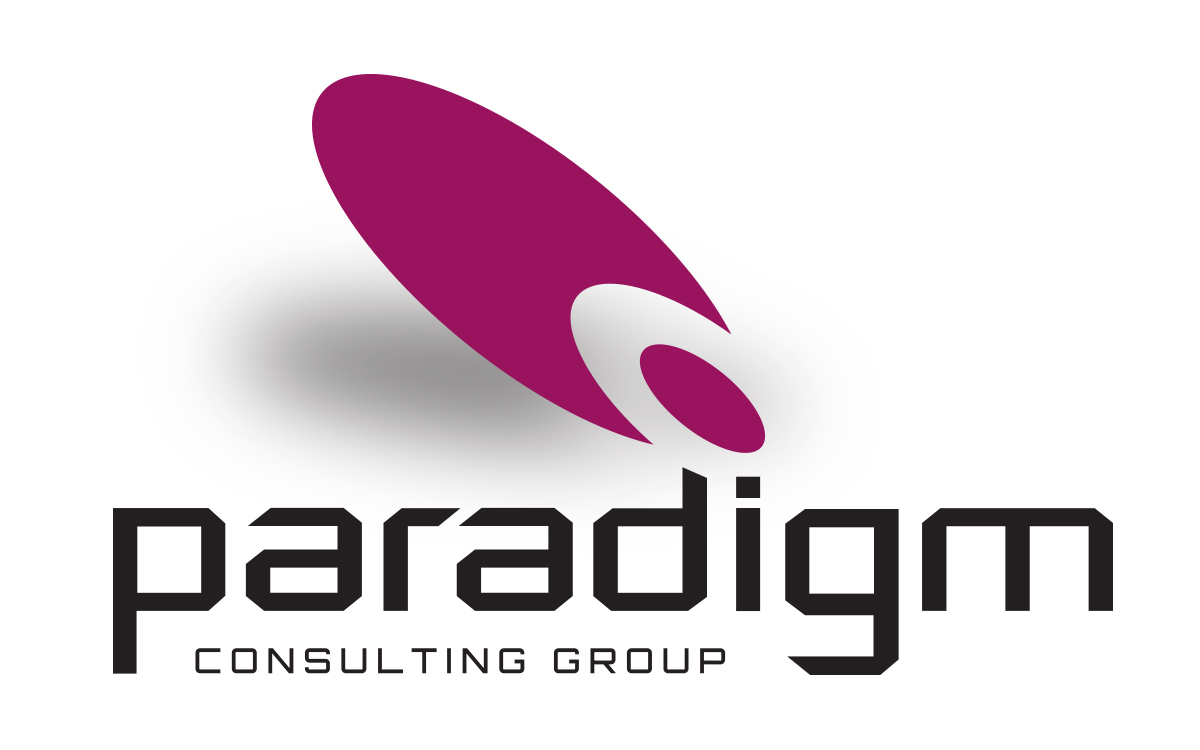Landing a job isn’t just about luck—it’s about how well you position yourself. Sure, your resume might get your foot in the door, but it’s your personal brand that keeps you there. Just like the most successful brands don’t rely on four-leaf clovers to stand out, you can’t leave your career growth to chance. Your resume lands you the interview. But what makes someone want to work with you beyond what’s on paper? That’s where your personal brand comes in.
Terry O’Reilly (LinkedIn), one of the best voices in marketing (in my humble opinion), often talks about how branding is about more than just logos and slogans—it’s about storytelling, consistency, and how people feel about you. The same principles apply to your career. This article leans heavily on the content from the 2016 Under The Influence Podcast titled Selling Yourself: The Art of Personal Branding. Read here or listen here.
We spent time in a previous article about crafting the perfect resume, but let’s be real—your resume is only part of the story. Your brand is what turns a job into a career, a role into a reputation. So, how do you build a brand that works for you?
What IT Professionals Get Wrong About Personal Branding
Branding isn’t just for influencers—it applies to IT consultants, project managers, analysts, and developers too. Whether you like it or not, people Google you before working with you.
Here’s what many IT professionals get wrong:
- They assume their work speaks for itself. It doesn’t. You need to tell your story.
- They ignore first impressions. Unprofessional email interaction or email address, or an outdated voicemail message can make you look disengaged. A weak (or non-existent) LinkedIn profile is another area some consultants ignore.
- They fail to differentiate themselves. If you look and sound like everyone else, why should someone choose to work with you?
- They think personal branding is just self-promotion. It’s not—it’s about creating a clear, trustworthy identity across platforms.

Lessons from Big Brands: Applying Marketing to Your Career
Terry O’Reilly often highlights that the best brands don’t just sell a product—they tell a story.
Here’s how to apply big-brand thinking to your own career:
- Be Consistent – Just like top companies keep their messaging uniform, your personal brand should feel the same across LinkedIn, resumes, and conversations.
- Tell Your Story – The strongest brands craft a compelling narrative. Your “About Me” section on LinkedIn shouldn’t just list jobs—it should explain what drives you and what problems you solve.
- Control Your Online Presence – If Google can’t find you, clients may assume the worst. If Google finds something bad, it can hurt your chances.
- Engage in Your Industry – Just like successful brands interact with their customers, you should be active in your professional communities; contributing to discussions, posting thoughtful insights, and showing leadership.
Audit your online presence. Search your name and ask: “Is this the professional image I want potential clients or employers to see?”
Social Media: Your Secret Weapon (or Biggest Liability)
We’ve all seen posts that make us question someone’s judgment. Employers and clients do the same.
- LinkedIn is Non-Negotiable. If you’re an IT consultant, a weak or non-existent LinkedIn profile is a huge red flag. To learn more about why you should be on LinkedIn, please read my 2023 article Why You Should Be on LinkedIn – It’s Not for When You Know People!
- Your Public Posts Matter. People assume that what you post reflects your judgment. If you wouldn’t say it in a meeting, don’t post it online. While my 2014 article Your Reputation is Calling. Will You Answer? may be dated, it is still appropriate in 2025!
- Be Professional, But Not Boring. Show some personality—people like working with real professionals, not robots.
Social media is a tool. Use it intentionally to build credibility and engage with the right audience.
Final Thoughts: Build a Brand That Opens Doors
Your resume gets you noticed, but your personal brand keeps you in the game. Whether you’re a consultant, job seeker, or executive, your brand is what makes you memorable and hirable.
- Think of yourself as a product. How would you market yourself if you were launching “Brand You”?
- Make sure people know what you stand for. Your work history is important, but your reputation carries even more weight.
- You’re always marketing yourself—even when you’re not actively job-hunting.
Missed the last post? If your resume hasn’t been opening the right doors, chances are you’ve been under the influence—of resume myths. Start fresh with the 2-Page Resume Myth.


